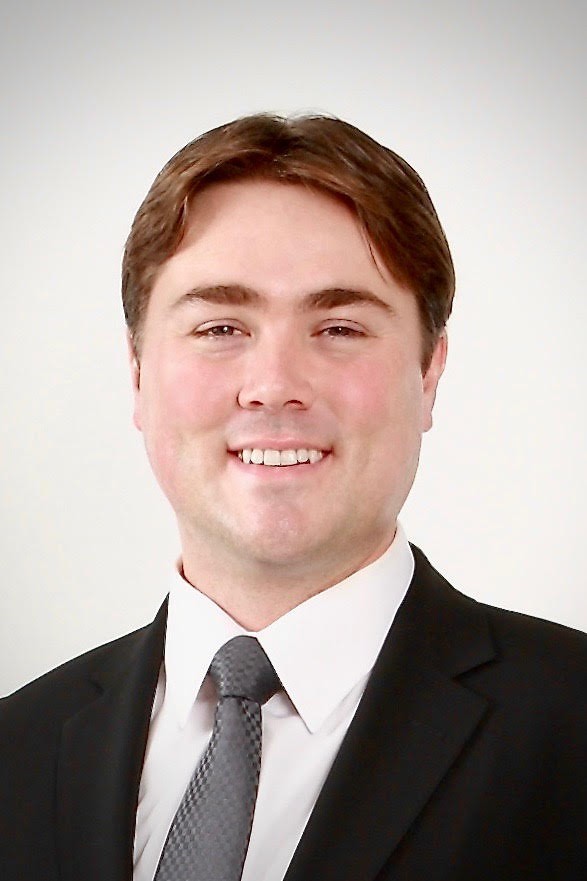- To register to attend this event in-person, please register HERE. *CU ID holders only
- To register to attend this event online, please register HERE.
Abstract: North Korea’s nuclear missile threats and China’s regional assertiveness make coordination between Japan and South Korea more critical than ever. Ties are often strained over history but are better maintained than either side is given credit. Political elites practice restraint to limit nationalist recriminations. Both governments calibrate policies toward Beijing while avoiding divergence from each other. Trilateral initiatives with the United States provide reassurance about the cost-effectiveness of alliances and help stabilize relations. However, for Washington-Tokyo-Seoul cooperation to serve as a pillar of the rules-based international order and sustainably coordinate policies toward China, a key variable will be the role of civil society in the making of foreign policy.
Bio: Leif-Eric EASLEY is Associate Professor of International Studies at Ewha University in Seoul. He teaches international security and political economics. His research includes U.S.-ROK-Japan trilateral coordination on engaging China and North Korea, and the geopolitical implications of domestic transitions (especially in Korea and Myanmar). Dr. Easley was a Northeast Asian History Fellow at Stanford University and a visiting scholar at the Japan Institute for International Affairs (JIIA) in Tokyo. He is involved in U.S.-Asia Track II diplomacy with the Asan Institute for Policy Studies and is an alumnus of leadership programs with the Pacific Forum, the Korea Foundation, and the Center for Strategic and International Studies (CSIS). His research appears in academic journals and volumes (available at https://www.leifeasley.net), supplemented by commentary in major newspapers. He completed his B.A. in political science with a minor in mathematics at UCLA and received his M.A. and Ph.D. from Harvard University’s Department of Government.

